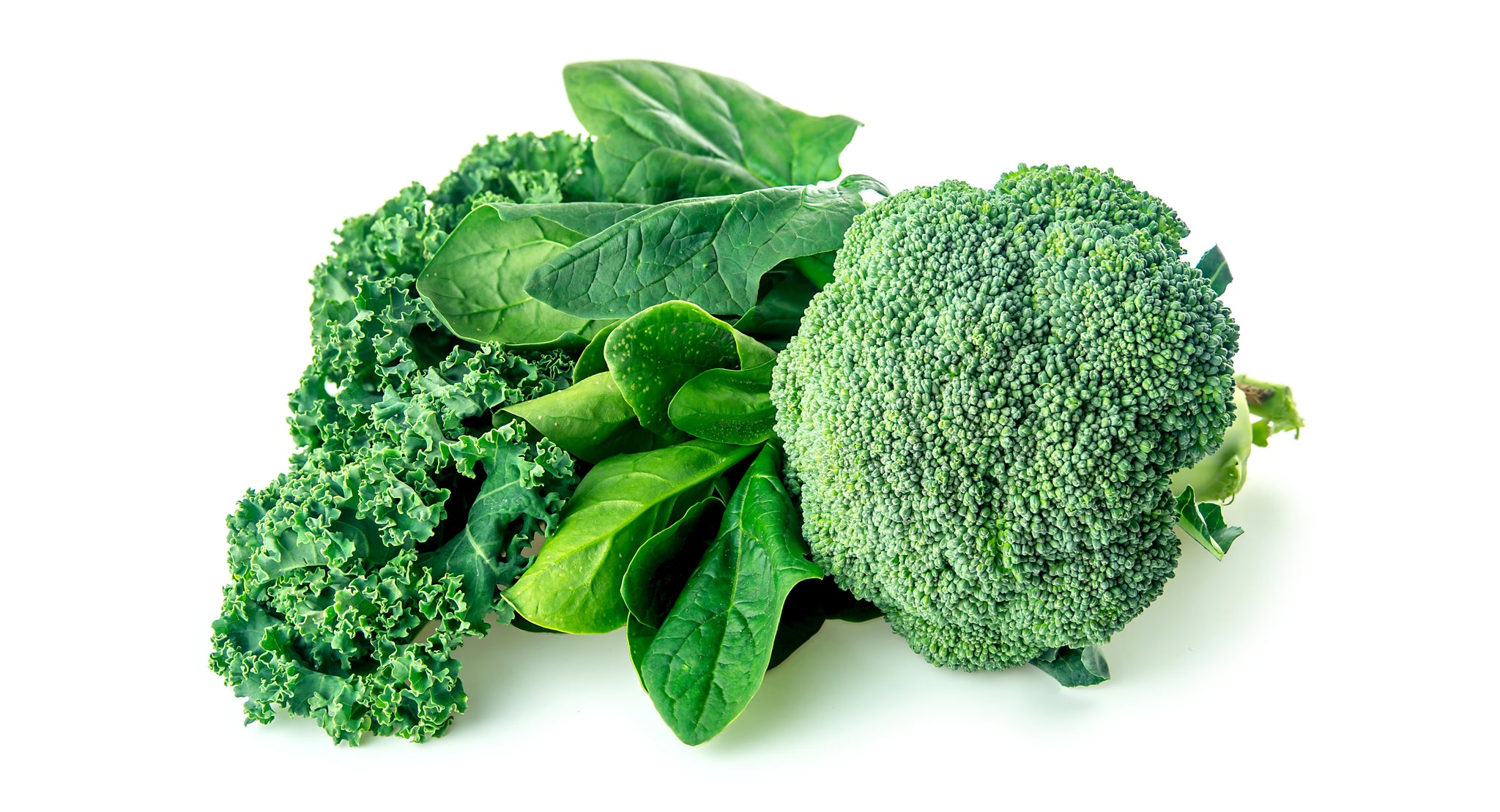Your Cart is Empty
FREE SHIPPING on US orders over $45. Save 25% With Code TAKE25 at checkout.
FREE SHIPPING on US orders over $45. Save 25% With Code TAKE25 at checkout.

Ask any skincare fanatic what the number one ingredient to a youthful complexion is. Seriously, go ahead! We’ll wait.
You’ll probably find that they all have the same answer: collagen. Collagen is the protein that gives the connective tissue in the dermis elasticity (which makes skin plump and smooth).
However, studies show that our bodies stop producing collagen naturally as we get older — less and less each year, in fact.
That leaves many beauty buffs wondering how to naturally boost collagen to keep (or regain) supple and flexible skin.
Rather than using supplements, we recommend dietary sources of collagen for rebuilding collagen naturally. Supplements are often unregulated and can contain unlisted harmful ingredients.
It’s important to always know what you’re putting in and on your body, and food (especially from local, trusted sources) offers more clarity.
Additionally, more and more research is being done on the bioavailability (or the body’s ability to absorb something) of collagen intake in different forms. The research suggests that the body cannot use all of the collagen offered in supplements.
So what’s the best way to naturally boost collagen? Diet.
Foods that support collagen synthesis are rich in amino acids, essential fatty acids, vitamin C, zinc, and copper. Here’s how to naturally boost collagen by eating the right foods:
What it has: essential fatty acids, zinc, copper
Why it’s beneficial: Fish contain collagen in their bones, skin, ligaments, and eyeballs. Since we tend not to eat these areas of the fish (but bonus if you do!), fish and shellfish are also full of zinc, copper, and essential fatty acids: a proven source of collagen synthesis. The body does not produce these acids on its own, so they must be consumed through our diets.
What it has: antioxidant properties, vitamin C, chlorophyll
Why it’s beneficial: Research shows that the best way to improve skin health is by eating fruits and vegetables. Aside from antioxidants and vitamin C (both great for collagen production), greens like kale, spinach, and chard are full of chlorophyll, which studies have linked to increases in collagen 1-a.
What it has: amino acids, calcium, magnesium, collagen
Why it’s beneficial: Amino acids are the primary benefit of consuming bone broth, which extracts all of the nutrients from the bones. Just be sure to double-check the quality of the bones by either making your own bone broth from ethically-raised animals, or buying it from a trusted organic source.
What it has: vitamin C, vitamin C, and more vitamin C
Why it’s beneficial: Among all the dietary sources of collagen, those with vitamin C may very well hold the #1 spot for rebuilding collagen naturally. Vitamin C has proven time and time again to synthesize collagen like a pro, making citrus fruits like oranges, grapefruit, lemons and limes your skin’s MVPs.
What it has: vitamin C, lycopene
Why it’s beneficial: Tomatoes are the dark horse of skin health; many people don’t associate tomatoes with youthful skin like they may with other fruits and veggies. However, tomatoes are a great source of vitamin C, and the specific antioxidant lycopene is proven to support healthy skin.